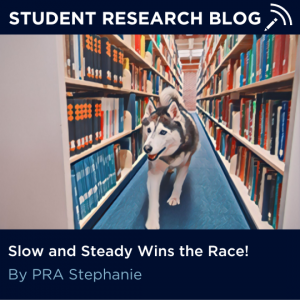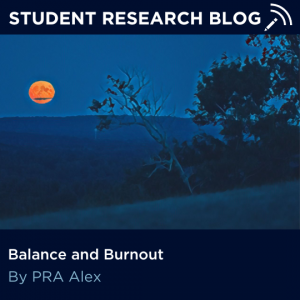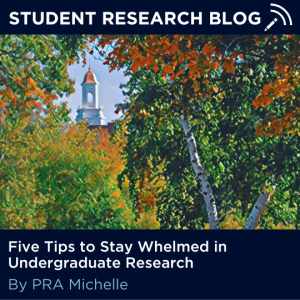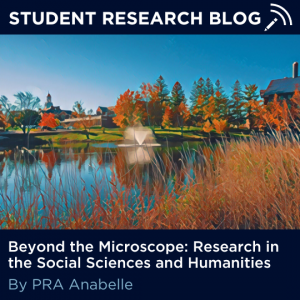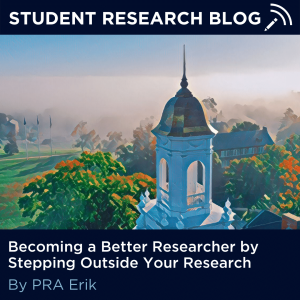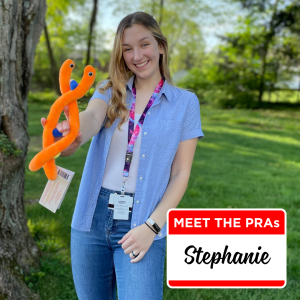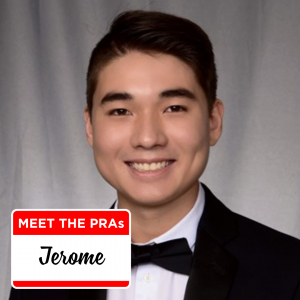By Paul Isaac, Peer Research Ambassador
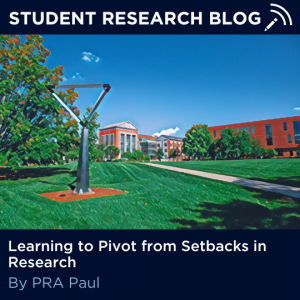 Most research articles that you’ll read in Nature or Science will come across as immaculately performed. The data will look amazing, every test and statistical analysis appears carefully orchestrated to elucidate a meaningful result. However, what doesn’t come across is the extensive string of trial and error involved with actually completing these projects and fleshing out the research questions they aim to answer.
Most research articles that you’ll read in Nature or Science will come across as immaculately performed. The data will look amazing, every test and statistical analysis appears carefully orchestrated to elucidate a meaningful result. However, what doesn’t come across is the extensive string of trial and error involved with actually completing these projects and fleshing out the research questions they aim to answer.
Mistakes, setbacks, and failures are natural parts of life and are just as naturally occurring in the lab. As you begin to get involved with research, you’ll inevitable hit your first roadblocks: accidentally pipetting the wrong reagent and messing up an assay, getting results that are the exact opposite of what you were expecting, and the dreaded experience of performing statistical analysis only to be met by non-significant results. During these moments, it’s easy to feel like you’re not “good enough” for research, that your hypotheses were fundamentally wrong, or that your research has hit a dead end. But, just like Rocky said, “It’s not about how hard you can hit; it’s about how hard you can get hit and keep moving forward.” If anything, good researchers aren’t defined by how good they are at getting their questions and results “right” the first time, but how well they can correct, pivot, and investigate their mistakes.
While the Rocky quote might help with your mood, what can you do when you experience setbacks in research? While I can’t provide you with an exhaustive list, I can provide you with some approaches that have worked for me throughout my research journey. Continue reading →
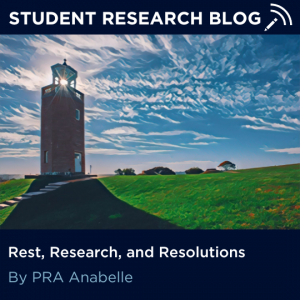 As I write this, it is the first few weeks of 2023. With a new year comes new plans, new experiences, and of course, New Year’s Resolutions.
As I write this, it is the first few weeks of 2023. With a new year comes new plans, new experiences, and of course, New Year’s Resolutions.